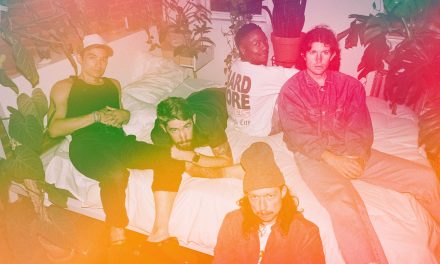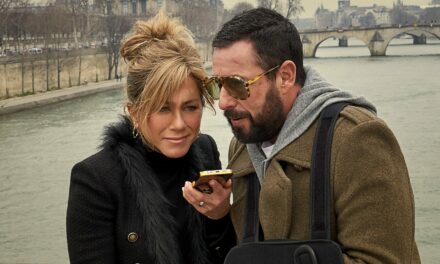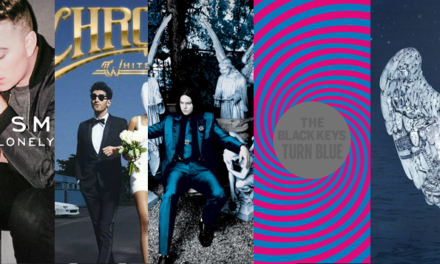WARNING: This article contains sensitive material.
At least, that’s Twitter’s general consensus on Drake’s new album, Nothing Was the Same. With strong beats, a slow, soulful sound and sappy subject matter, Drake has truly hit his stride with this third studio album.
The album opens with “Tuscan Leather,” a bold, six-minute track that starts with Drake quickly getting all the ego business out of the way – he’s the best, everyone knows it. But the song goes a bit deeper: Drake isn’t just rapping, he wants people to understand he’s changing the game, living his dream and doing what he wants despite his haters. He raps about his success as if it’s a given: “This is nothing for the radio, but they’ll still play it though / ‘Cause it’s that new Drizzy Drake, that’s just the way it goes.” The song has no chorus, no hooks, no catchy beat, but Drake knows the fans want it anyway.
“Tuscan Leather” ends with a quote from soul legend Curtis Mayfield’s 1987 performance in Montreux, Switzerland. Mayfield explains: “We’d just like to close off with something a bit inspirational. Hopefully something a bit relevant to us all having the same fears, shedding similar tears and of course, dying in so many years. It don’t mean that we can’t have a good life. So we’d like to just maybe close out with something, some food for thought.”
That introspective, sensitive vibe on “Tuscan Leather” sets the tone for the rest of Nothing Was the Same. Drake is certainly giving his fans something to think about, and it may be their exes. In his song “Furthest Thing” he addresses leaving a love behind for his music – and “nothing was the same.” But Drake doesn’t regret what he’s left behind, as he is making huge strides in his career, and the song (as well as much of this album) switches between these two concepts.
In addition to the deep, introspective tracks, Drake includes the radio-ready “Started from the Bottom” with its catchy, energizing hook. “All Me” and “The Language” are also sure to give other rappers a run for their money. These tracks are more of Drake’s nonchalant nod to his greatness, with him rapping “I don’t even really know how much I made, I forgot” on “All Me,” and declaring that all he does is “smoke and f–k” on “The Language.” While Kendrick Lamar calls out other rappers in his verse in Big Sean’s song, “Control,” Drake is kicked back, relaxed and accepting success as it comes.
But “Pound Cake/Paris Morton Music 2,” the product of Drake’s collaboration with Jay Z, is the strongest song on the album.
The track is cool and complicated, opening with a line from Jimmy Smith that asserts “Only real music is gonna last / All the other bulls–t is here today and gone tomorrow.”
Drake is truly working on his art with this album, as well as addressing his personal issues.
Jay Z’s verse talks about “cake,” referring to money, but also referencing Rihanna’s song “Birthday Cake.” It’s common knowledge that Drake and Rihanna once had a relationship, so perhaps this song is his way of reaching out to her.
Drake challenges the idea that he doesn’t deserve his success on “Pound Cake/Paris Morton Music 2,” saying “F–k all that happy to be here s–t that y’all want me on.” Drake is unapologetic about his chart-topping career, no matter what the haters say.
Nothing Was the Same is Drake’s ode to those who say he’s never struggled, never worked hard for his spot in the rap game. At the same time, the album is a message to an ex-lover, sweet and sad about what was lost. Listeners will enjoy the mix of bravado and sensitivity we’ve come to expect from Drake. And remember kids: if you’re going through a break-up or missing your ex, listen with caution, and heed Twitter’s advice: never Drake and drive.
– By Jordie Davies
Photo courtesy of Wikipedia
The Emory Wheel was founded in 1919 and is currently the only independent, student-run newspaper of Emory University. The Wheel publishes weekly on Wednesdays during the academic year, except during University holidays and scheduled publication intermissions.
The Wheel is financially and editorially independent from the University. All of its content is generated by the Wheel’s more than 100 student staff members and contributing writers, and its printing costs are covered by profits from self-generated advertising sales.






FUCK DRAKE
where is download weblink, i cant locate..